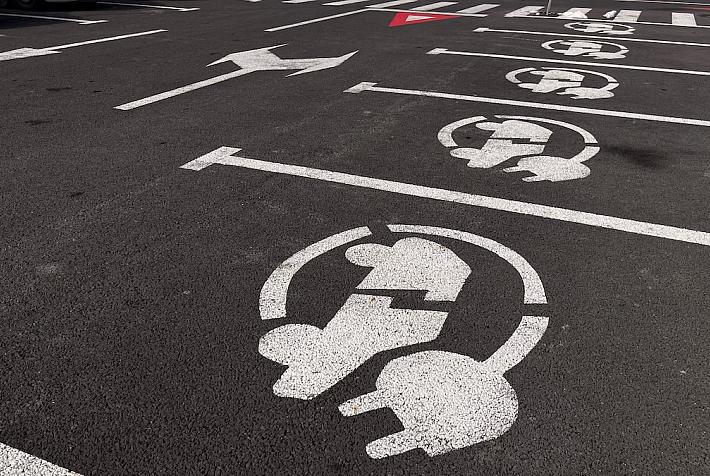Moody's sees Romania's institutions dampening its strong economic growth potential

Romania's Baa3 ratings reflect the economy's strong growth potential, supported by large European Union (EU) funds and foreign direct investment (FDI) inflows, balanced by relatively weaker institutions and governance strength and high fiscal and current account deficits – although the latter is mainly funded by stable sources – international rating agency Moody's argues in its periodic review of ratings of Romania.
Simplifying, the rating agency sees Romania's economy as being pushed up not by endogenous policies but by funds injected by the European Union and foreign investors, while the domestic institutions perform rather disappointing ("moderate scores for the effectiveness of fiscal and monetary and macroeconomic policymaking").
The twin deficits are mentioned as "a source of vulnerability for the sovereign's creditworthiness" – while not posing "imminent risks to Romania's credit profile." This reminds of a recent European Commission remark on Romania's external deficit and indebtedness being largely "non-defaultable" because a large part of them are backed by intra-group flows towards FDI companies in Romania.
It is important to say that the favourable situation depends, however, on the exchange rate stability, which resulted in a real appreciation of the local currency over the past couple of years at the cost of even stronger pressures on the Balance of Payments.
However, Romania's "politically stable" administration will not take fiscal correction measures before the general elections this year, Moody's admits, also not expecting significant consequences in this regard from the European Commission.
Moody's expects the Romanian economy to continue to strengthen from a year of comparatively weak growth of 2.1% in 2023, with real GDP growing 3.0% in 2024 and 3.5% in 2025, backed by strong consumption as well as public and private investment.
However, the government continues to struggle to bring down the elevated fiscal and current account deficits. Moody's projects a fiscal deficit of 5.7% of GDP in 2024 only marginally improved from 2023, while the current account deficit will only marginally improve to 6.6% of GDP from 7.0% in 2023.
The European Commission will likely conclude this spring that Romania has failed to meet its fiscal targets under the Excessive Deficit Procedure, but Moody's expects that the government will not announce any additional consolidation efforts until after the parliamentary elections in the second half of 2024.
iulian@romania-insider.com
(Photo source: Roman Tiraspolsky/Dreamstime.com)













